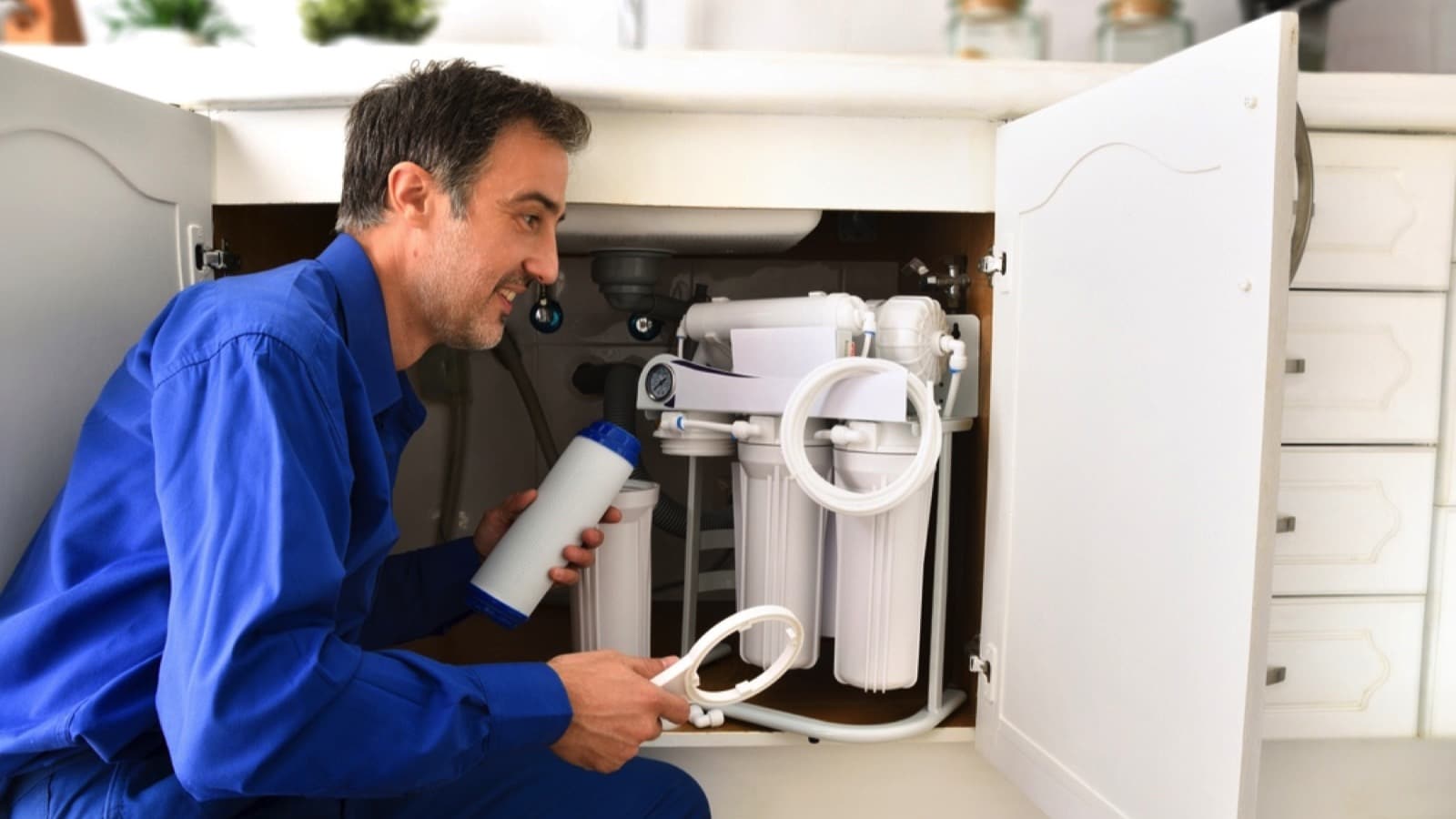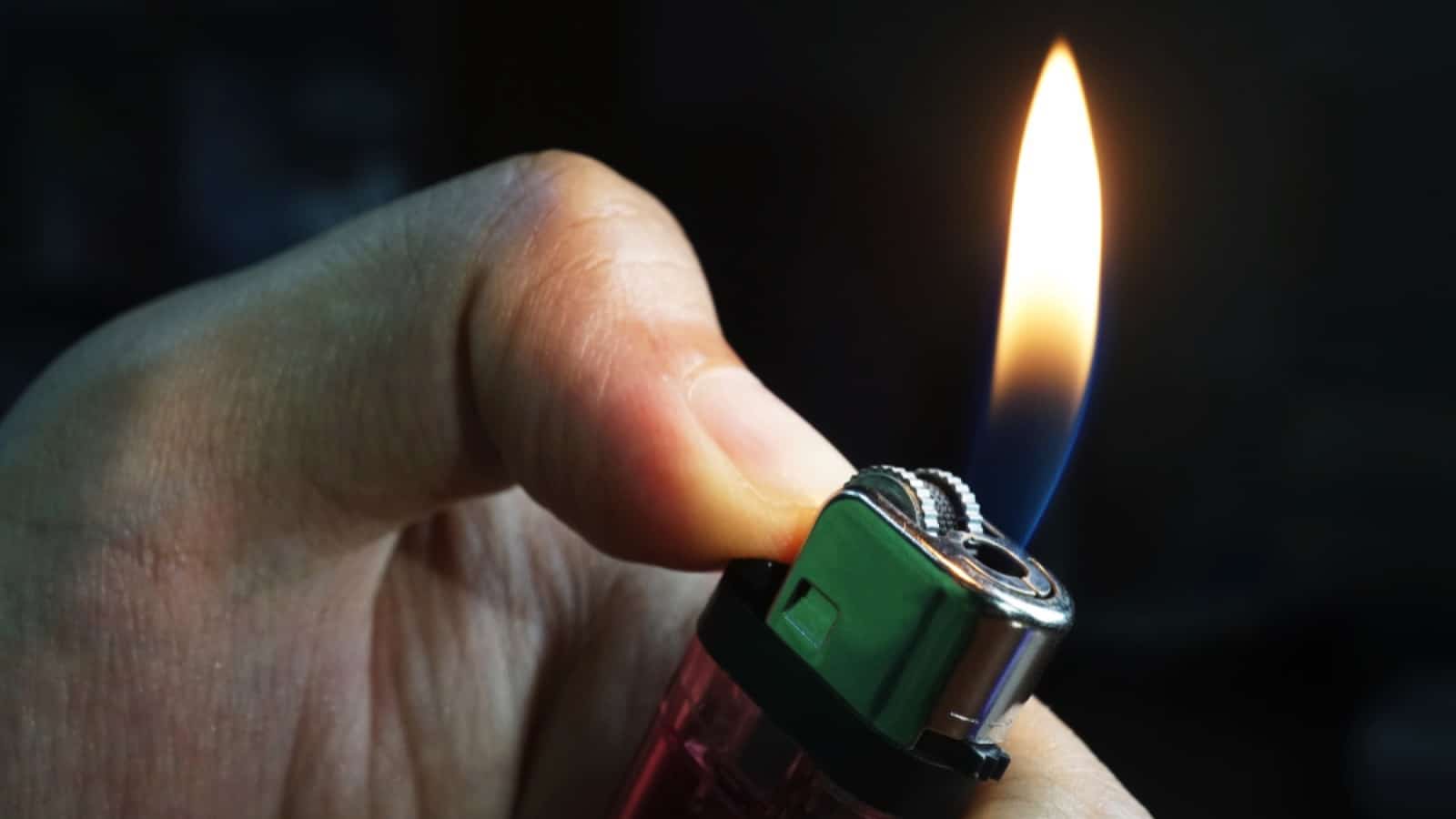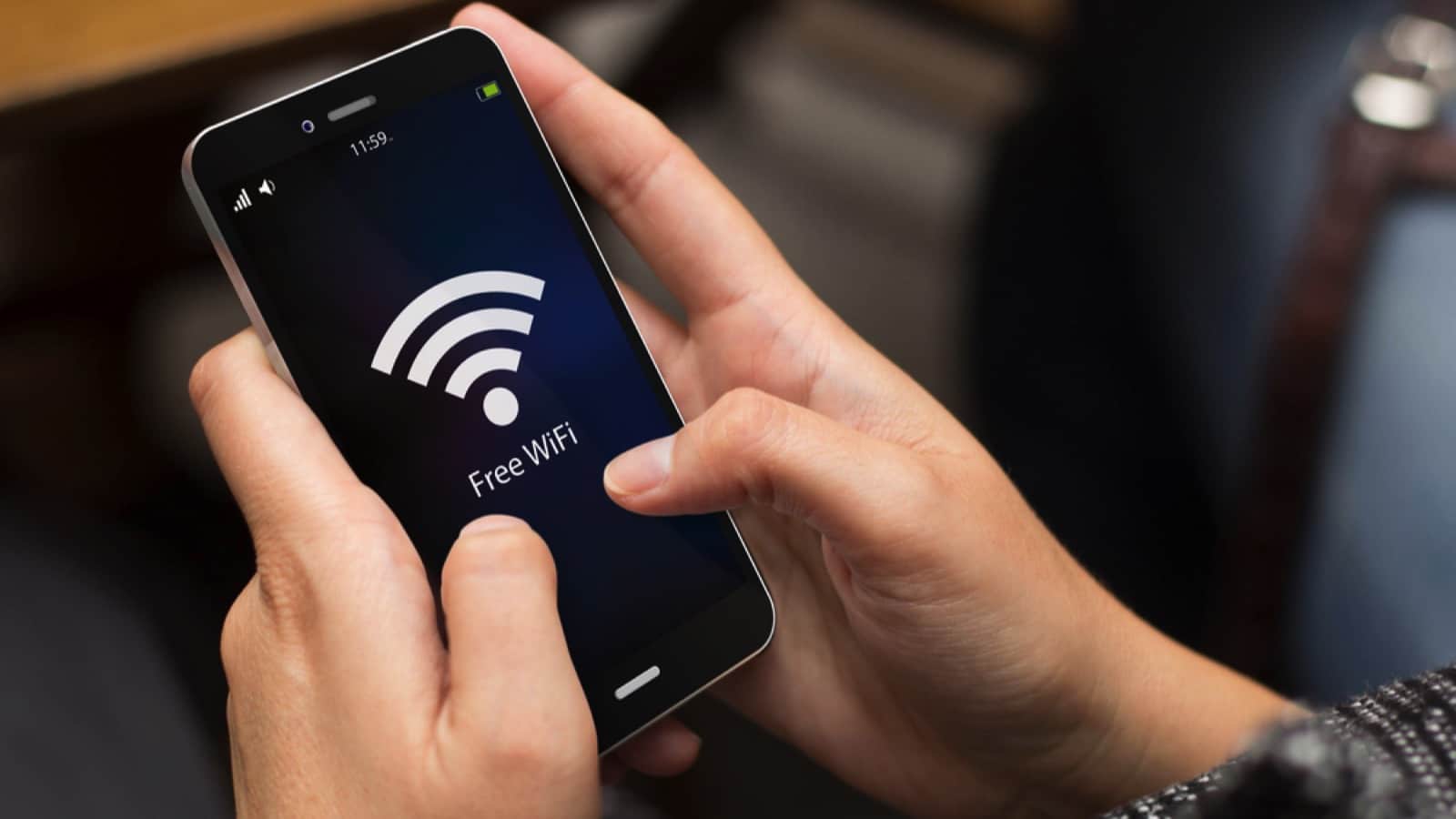Some tools are not merely conveniences but lifelines. They can prove to be necessary for daily survival. Members of an online forum discuss the most essential survival tools we can’t do without.
Table of Contents
1. Money

Money is a universal medium for acquiring goods and services, making it indispensable for obtaining essential items such as food, water, shelter, and medical supplies during crucial times. In contexts ranging from urban environments to distant travel, possessing money allows adaptability and a means to leverage resources that might not be readily available otherwise. Think about emergencies without money for one minute, and observe the disaster your mind creates.
2. Compass

Even though I’ve never used a compass in my 36 years, it doesn’t invalidate the importance of this survival tool, especially in areas with no familiar sights. The closest thing to a compass many are familiar with is Google Maps. But a compass is more reliable and handy because it doesn’t need batteries and works when other tech might let you down.
3. Knife

The knife is a multipurpose tool, offering various functionalities from food procurement and preparation to self-defense and tool creation. In survival contexts, what would you do without a knife? A knife can process food, whether hunted, fished, or foraged, ensuring edible portions are safely and cleanly separated from inedible or dangerous parts. The knife also extends its utility to numerous survival tasks, such as crafting or altering other tools like spears for fishing or stakes for shelters.
4. Common Sense

There are a million and one decisions to make, and our common sense acts as an intrinsic guide to navigate challenges and avoid unnecessary risks. But beyond the big decisions are seemingly small ones capable of changing our lives for good or bad. This tool assists us in adopting a cautious approach, weighing our options, and sometimes innovating how we tackle everyday situations.
5. Antibiotics

Without potent antibiotics, the integrity of modern medicine is jeopardized. Most operations require the use of antibiotics to prevent infections. In the absence of immediate medical aid or facilities, having a supply of antibiotics can be lifesaving, mitigating the risk of systemic infection from wounds, insect bites, or exposure to contaminated resources.
6. Staying Calm

Just a few moments of panic can ruin any survivable situation. Numerous individuals die simply because they neglect to do the most straightforward and effortless thing: remain calm and wait for help instead of attempting a perilous journey to safety. In group scenarios, a calm individual can be a stabilizing force, preventing panic and ensuring collective actions are coordinated and purposeful, enhancing the survival prospects of the group.
7. Water Purifier

Access to clean water and having a method to purify it are paramount for survival, as the human body can only survive for approximately three days without hydration. Beyond drinking, water is essential for various physiological functions, such as digestion, thermoregulation, and overall health. A means of purification—be it a filter, purification tablets, or boiling—ensures that water sourced from the environment is safe to consume, preventing waterborne illnesses, which can be debilitating.
8. Shelter and Shelter-Building Materials

Having shelter-building materials, such as a tarp, cordage, or a space blanket, means one can construct a barrier against inclement weather, preserving body heat and providing a space for rest and recovery. Furthermore, shelters serve as a psychological sanctuary, offering a semblance of stability and safety amidst life’s often chaotic and unpredictable circumstances. We all know this, as we often find it satisfying to return home after a busy day.
9. Fire-Starting Tools

Fire serves multifaceted roles in survival, offering warmth, a means to cook food, protection from wildlife, and even a way to signal for help. Fire-starting tools, such as matches, lighters, or ferro rods, ensure one can reliably ignite a fire when needed. In cold climates, the ability to start a fire can mean the difference between life and death.
10. Flashlight

A flashlight is indispensable in many ways. Providing illumination in dark environments and enhancing visibility during the night or in obscured settings. In dire circumstances, it allows for the execution of crucial tasks like setting up shelter, preparing food, or administering first aid during low-light conditions. For DIYers, a flashlight is essential for working in poorly lit or tight spaces, like working under the hood or car in dimly lit garages or at night or inspecting underneath vehicles.
11. Phones

People have become so reliant on their phones that they often struggle to operate without them, and for good reason. Phones have evolved into a multipurpose tool for a variety of daily tasks other than communication. Access to knowledge and productivity are two critical reasons the phone has become indispensable in today’s environment.
12. Wi-Fi/Internet

The internet has transformed the world into a global village, rendering you virtually invisible without it. It enables instant communication worldwide, connecting people through emails, social media, and video calls. Social media platforms facilitate personal and professional interactions, maintaining connections even from a distance. Today, envisioning a world without the Internet is nearly impossible. Source: Reddit
12 Unspoken Rules That Are Not Completely Obvious

12 Unspoken Rules That Are Not Completely Obvious
21 British Words That Are Confusing to Americans

21 British Phrases That Are Confusing to Americans
10 Worst Things About Owning an Electric Vehicle

10 Worst Things About Owning an Electric Vehicle
10 Words and Phrases That Make You Sound Stupid

10 Words and Phrases That Make You Sound Stupid
